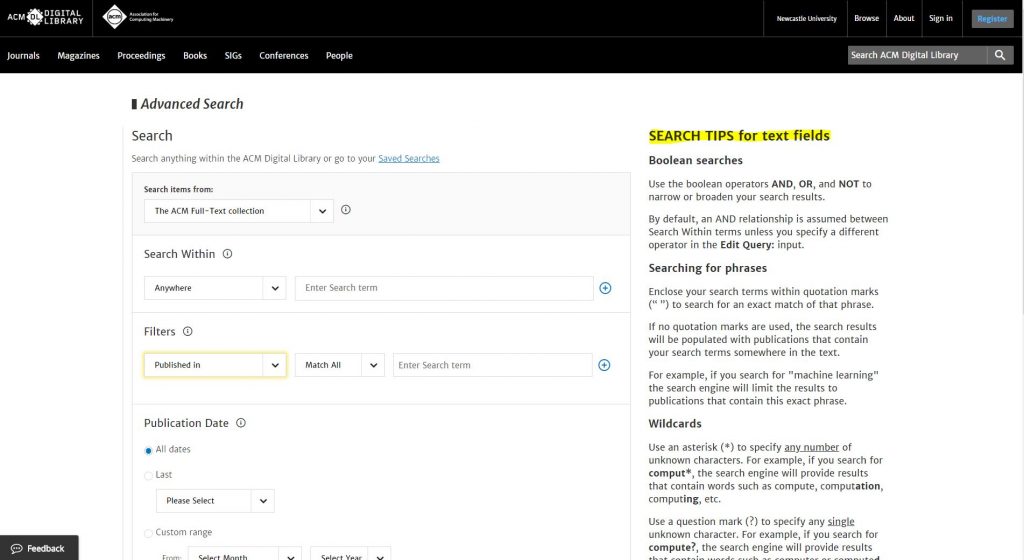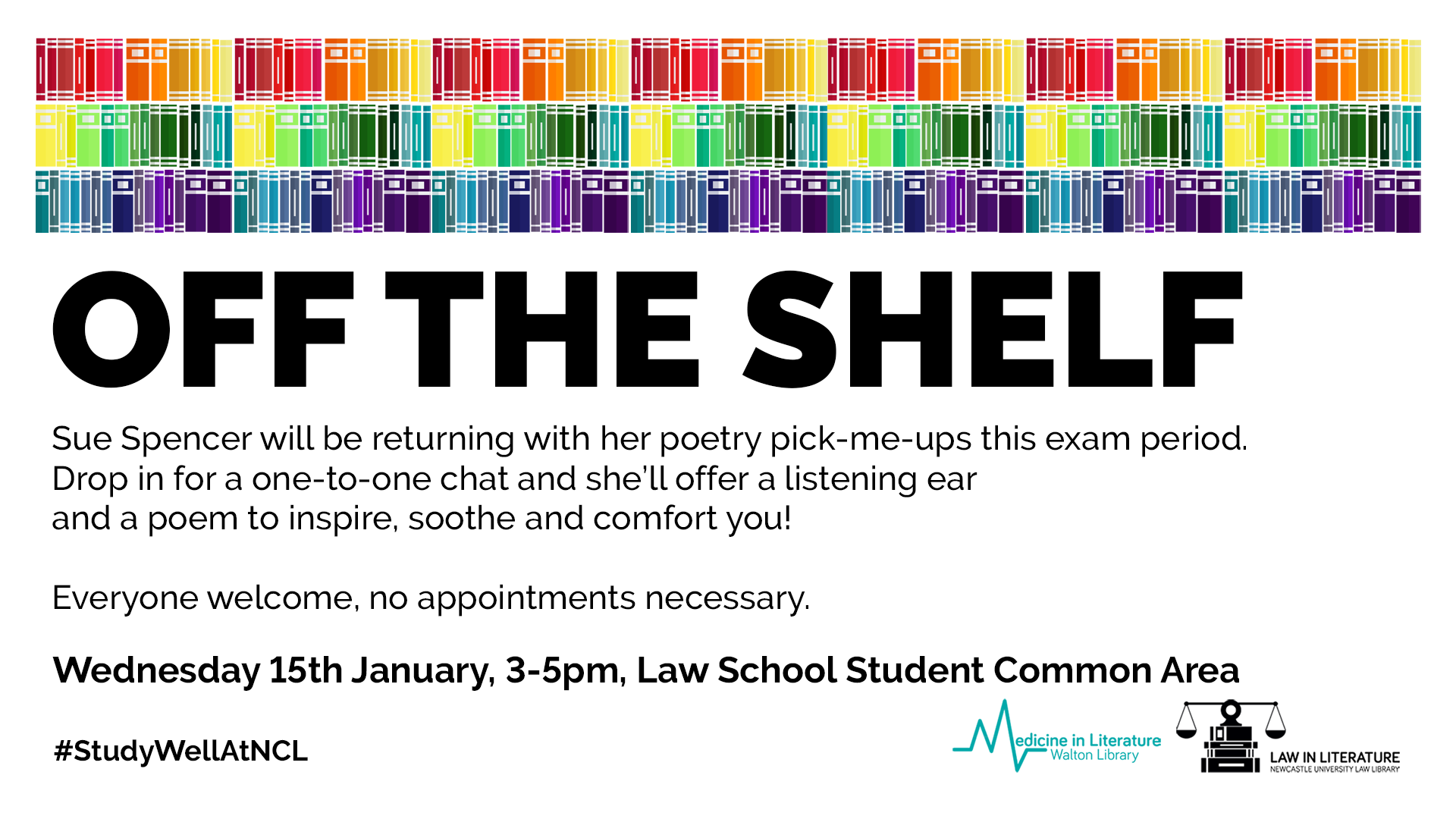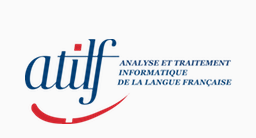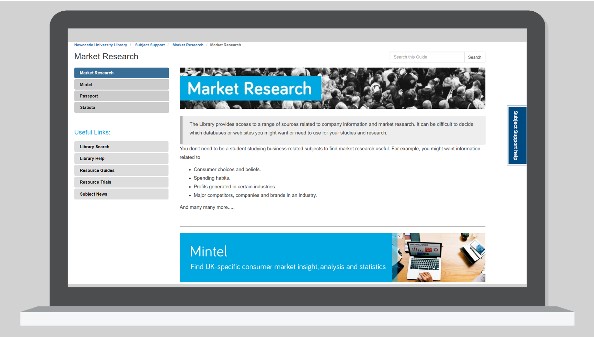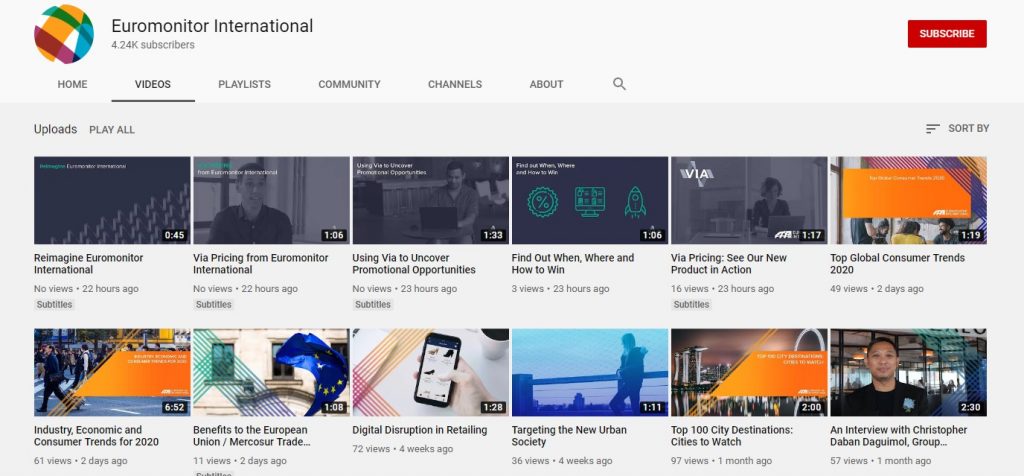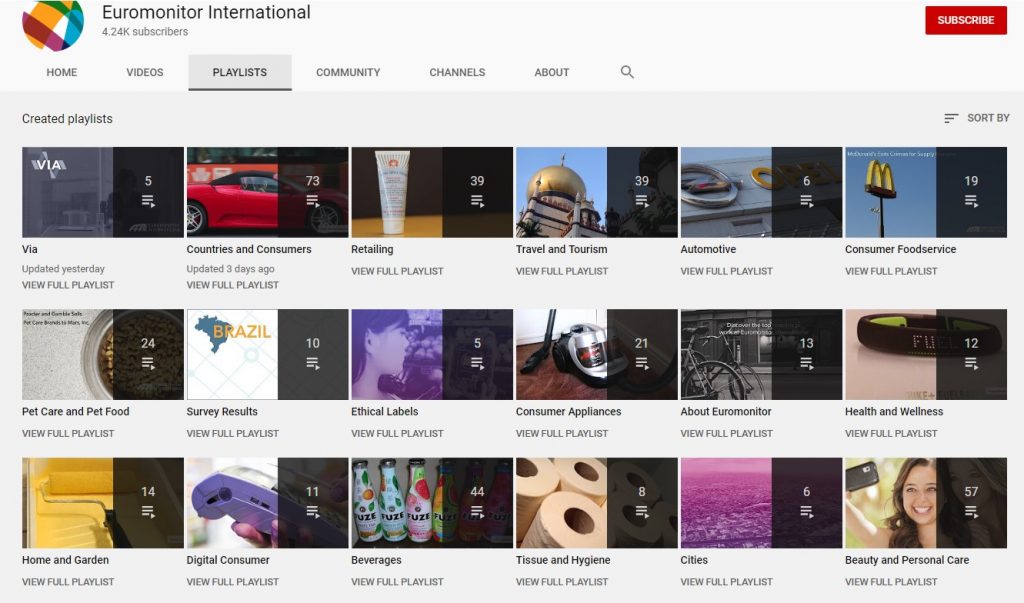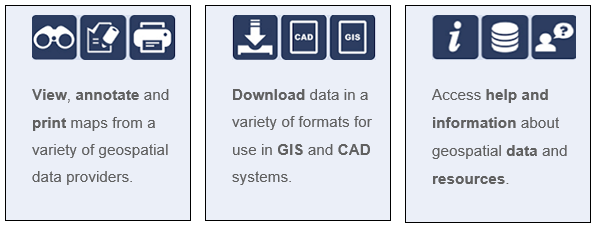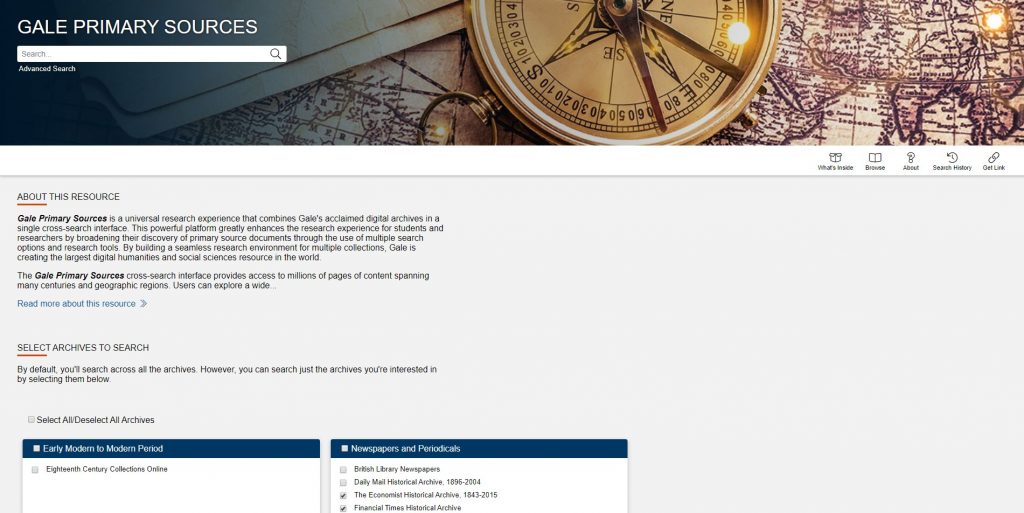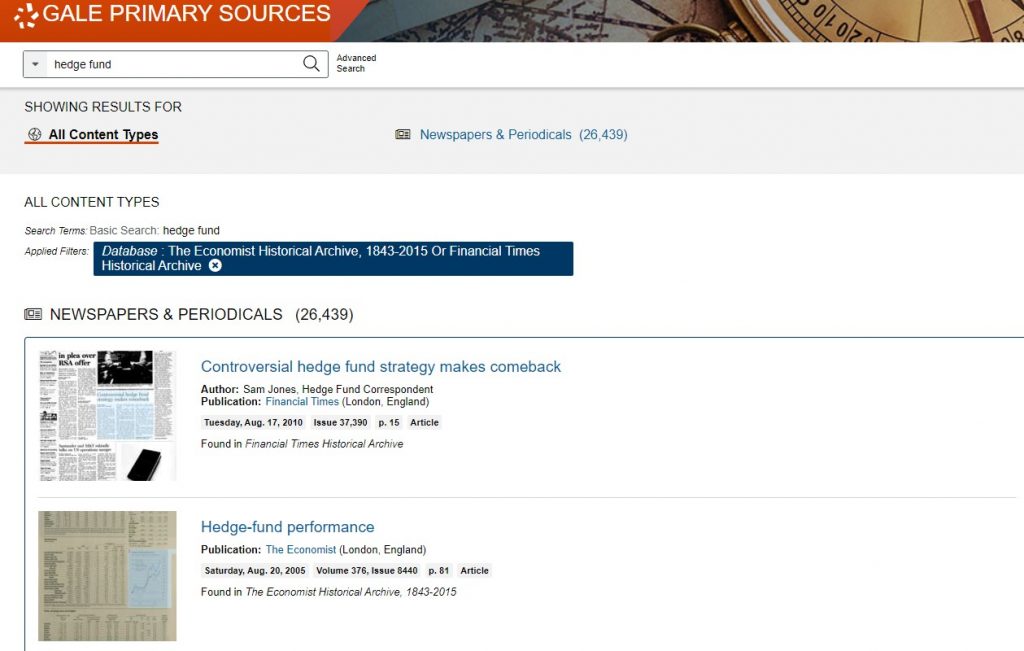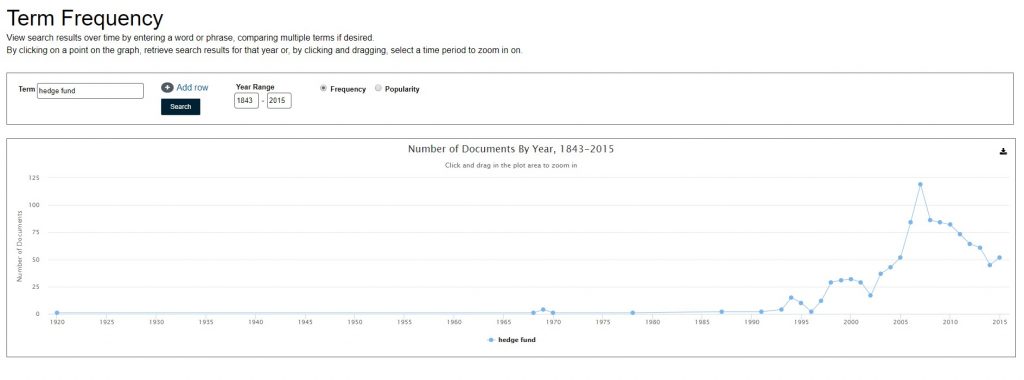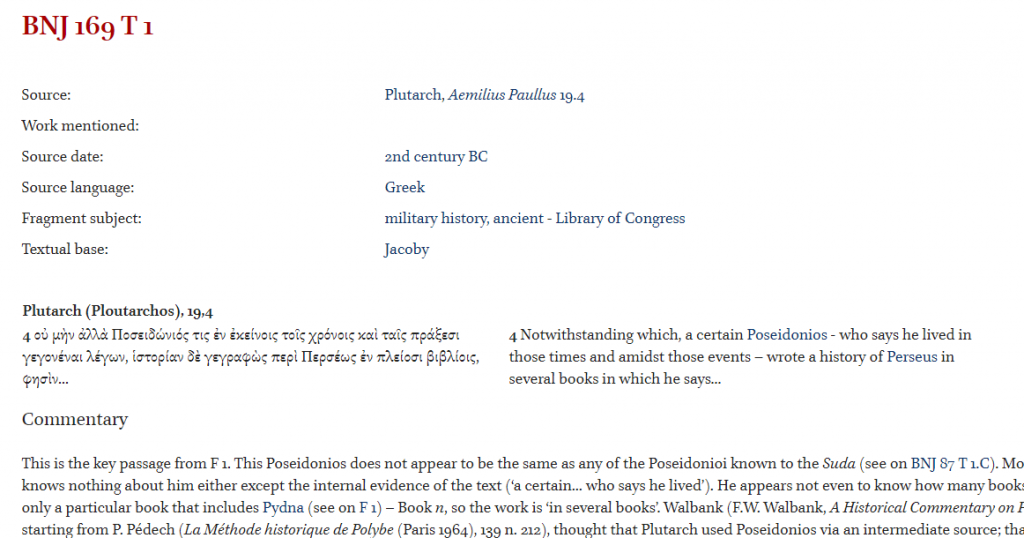
Are you studying or teaching mechanical engineering and looking for digital resources? If so, the American Society of Mechanical Engineers (ASME) Digital Collection may be just what you need.
Freely and easily accessible via Library Search, the ASME Digital Collection provides unparalleled depth, breadth, and quality of peer-reviewed content. This includes access to ASME’s Journals from 1959 – present; ASME’s Conference Proceedings from 2000 – present (with select proceedings back to 1955); and ASME’s ebooks from 1993 – present (with select titles back to 1944).
With powerful search and advanced filtering tools you can use keywords, topics, citations and date ranges to retrieve content simultaneously from different digital resources. This gives you the chance to apply Boolean operators to clearly refine your searches and therefore access more results that are directly relevant to your research.
ASME Digital Collection integrates well with other digital platforms and it can link to Crossref, Google Scholar, and Web of Science to discover citing articles. There are also tools for exporting citations to your preferred reference management software and you can share your links via email and social media. Just like a lot of digital databases it’s easy to set up email alerts to notify you about saved searches and newly published content.
So all that’s left to do is to search for ASME Digital Collection on Library Search, login as a Newcastle University user with Shibboleth, and browse the resources. You’re bound to find something useful!


